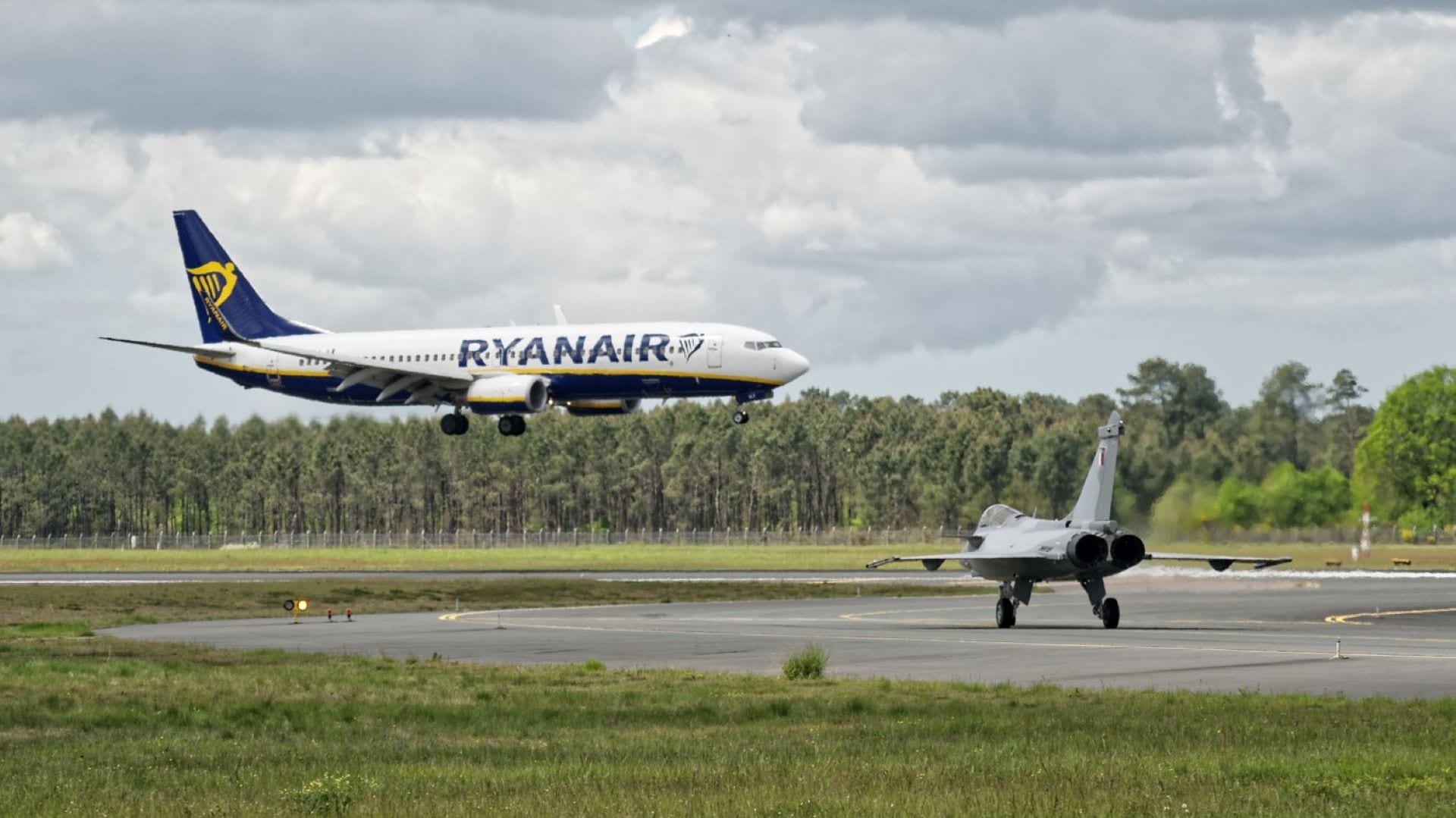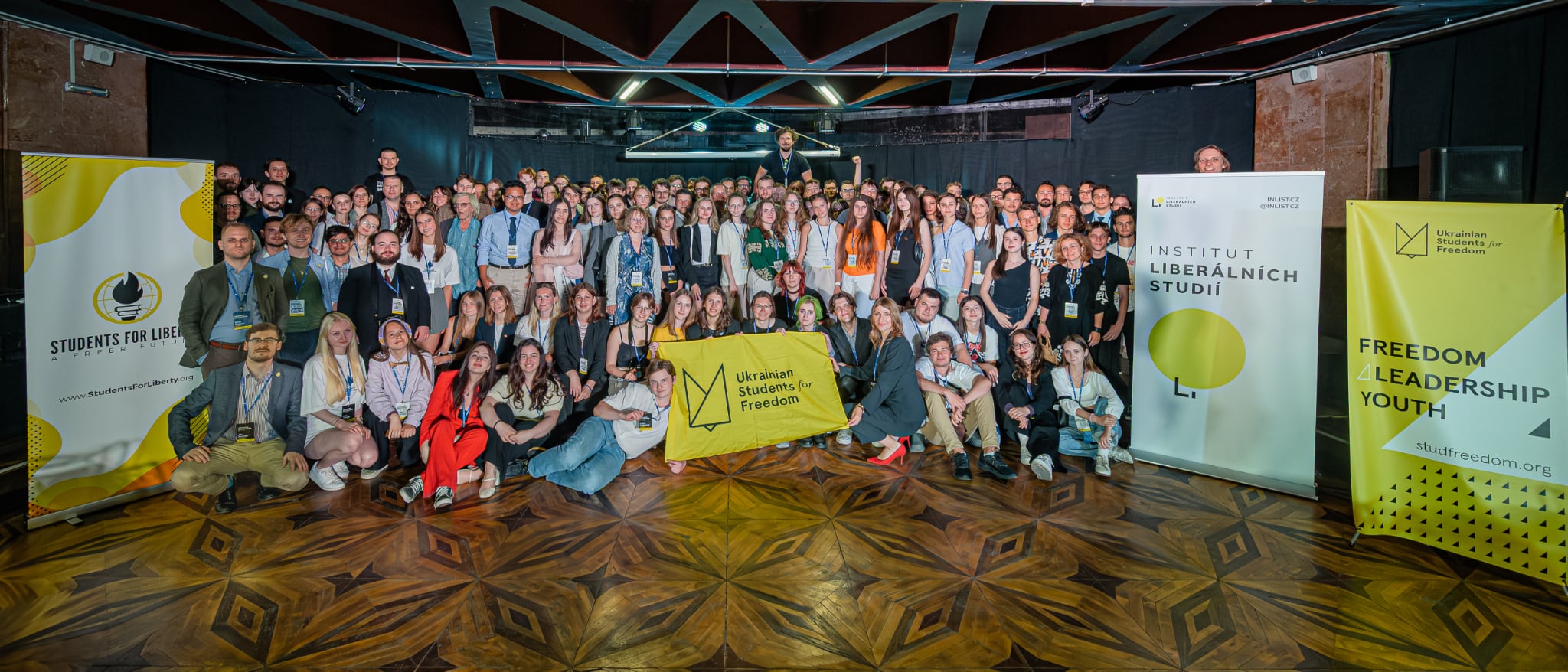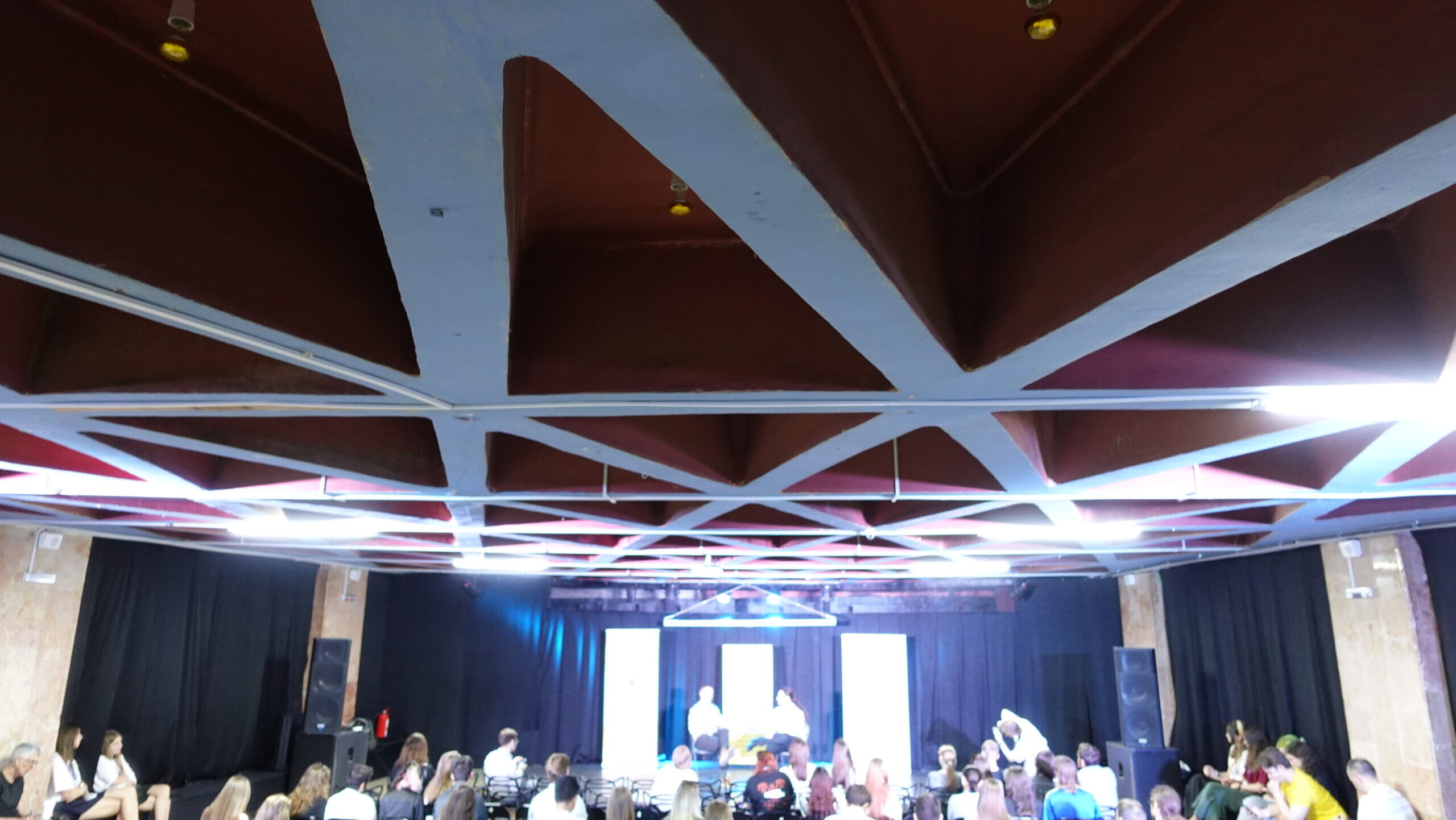On May 23, 2021, Ryanair flight 4978 from Athens, Greece, was traveling in Belarusian airspace as it approached its destination of Vilnius, Lithuania. Suddenly, citing a potential security threat on board, Belarusian authorities forced the commercial flight to change course and land at Minsk National Airport, escorted by a Belarusian Air Force MiG-29 fighter jet.
The order to intercept the flight came directly from none other than Belarus’ authoritarian leader, Alexander Lukashenko. Upon landing, the plane was inspected, and no suspicious devices were found.
However, Roman Protasevich, a Belarusian opposition activist living in exile in Lithuania, was on board. The prominent critic of Lukashenko’s regime was promptly arrested, facing charges of inciting mass unrest that could see him face the death penalty.
His girlfriend, Sofia Sapega, a Russian citizen studying law in Vilnius, has also been detained. Sapega, whose family claim is not politically active, is being held for two months in a KGB prison awaiting trial. The couple have been labelled agents of Western intelligence by Lukashenko.
While Belarusian authorities have claimed there was nothing unusual about the decision to divert this flight, implying that the resulting opportunity to arrest Roman Protasevich was merely a coincidence, the international community are not buying the excuses.
To most of the world, Lukashenko’s bold move represents an act of state-sponsored hijacking: an unprecedented action to capture an exiled critic, and an assault on press freedom.
Roman Protasevich is the latest victim of Lukashenko’s assault on press freedom
A political activist and critic of Lukashenko since his teenage years, Roman Protasevich, 26, has become the most high-profile victim of the Lukashenko regime’s assault on press freedom. Shortly after his arrest, Protasevich appeared in a video released by Belarusian authorities, with marks on his face and a suspected broken nose, where he stated that he is being treated fairly, is cooperating with authorities, and confesses to inciting unrest. Friends and family believed him to be under duress.
More recently, on June 3, Protasevich made an appearance on Belarusian state television that was claimed to have been voluntary. Therein, he admitted attempting to have Alexander Lukashenko overthrown and stated his newfound respect and understanding for the authoritarian leader. However, human rights advocacy groups assert that the opposition figure exhibited signs of torture and ill-treatment.
Protasevich is a co-founder of Nexta, a popular opposition media outlet on Telegram, an instant messaging software, offering end-to-end encryption, which is particularly popular among Belarusian opposition circles. The software offers channels, a tool that allows for messages or videos to be broadcast to large audiences. Media of this kind has played an important role in promoting large-scale protests in the aftermath of the widely discredited August 2020 election.
While Nexta has been described as a “protest hub” and a media outlet, Protasevich has stated that it is “primarily Belarusians who would like to come home and live in a free country without dictatorship.” Since the arrest of blogger Igor Losik last year, Protasevich has been writing for Belamova, another Telegram-based outlet.
Since 2019, like many Belarusian opposition figures, Roman Protasevich had lived in exile. He was added to the Belarusian KGB’s list of wanted “terrorists” due to his role in promoting protests against the Lukashenko regime and exposing the violence inflicted on protesters by the authorities.
Journalists face significant hardship in Belarus
Press freedom is severely restricted in Belarus. Indeed, it is essentially nonexistent. Therefore, social media channels capable of circumventing state censorship, such as Telegram, have been invaluable tools for activists to coordinate protest movements, share videos, and discuss important issues from an opposition perspective.
Aside from those reporting the government’s narrative, Belarus is not a hospitable environment for the press, or indeed for anyone wishing to voice their opposition to Lukashenko’s regime. Ranked 158th in the 2021 World Press Freedom Index, Reporters Without Borders labeled Belarus as the most dangerous country in Europe for journalists.
As of June 4, 2021, there are an estimated 471 political prisoners in Belarus. Furthermore, in 2020 alone, 477 journalists were detained, and at least 62 were subjected to violence from security forces. Often issued with fines, many journalists have also had their homes raided and their media credentials revoked.
The alarming crackdown on independent journalism in Belarus in recent years highlights the scale of Lukashenko’s assault on press freedom. However, the actions of “Europe’s last dictator” in hijacking a commercial airliner to arrest an opposition figure represent a troubling new development in just how far he is willing to go in order to maintain his grip on power.
On June 1, the civil liberties of Belarusians were further curtailed when the State Border Committee announced that all citizens who did not hold permanent residency abroad, with the exception of government officials, would be temporarily banned from leaving the country. This will make it increasingly difficult for persecuted journalists or opposition figures to flee to safety.
The Belarusian regime’s actions created a major diplomatic incident
Lukashenko’s plane hijacking has been widely condemned by European leaders. In Greece, where Ryanair Flight 4978 took off, this highly unusual maneuver represents a major diplomatic incident.
With the aircraft initially being considered a part of Greek territory, and that country’s law prohibiting the extradition of suspects that may face capital punishment, the incident has been strongly condemned by Greek Prime Minister Kyriakos Mitsotakis and may have serious implications in terms of international law.
The Belarusian regime could not expect Greek cooperation in extraditing an opposition figure who would potentially face capital punishment. Likewise, they would not have been able to convince Lithuania, an ally of the Belarusian opposition, to extradite Protasevich.
As such, in order to capture the prominent government critic, Lukashenko made a provocative and risky move to disrupt a commercial flight between two European Union countries by claiming that a bomb was onboard. This is surely a testament to the insecurity of Lukashenko and his regime.
Furthermore, it is believed that Belarusian KGB agents, or even Russian agents, were on the flight and had been monitoring Roman Protasevich in Greece. These passengers disembarked in Minsk and were subsequently absent from the flight on its onward journey to Vilnius. If confirmed, the presence of these agents on Greek soil would understandably cause a further worsening of relations between Lukashenko and Greece.
International outrage means Belarus faces further sanctions
During more than a quarter-century as leader of Belarus, Alexander Lukashenko has never endeared himself to the international community. His country’s dismal human rights record has seen mounting sanctions from the European Union, the United States, and other international powers, going back as far as 2012. However, these sanctions do not appear to have been effective at weakening the authoritarian regime.
This latest incident has seen renewed calls for more meaningful sanctions against Lukashenko and his associates. For many international leaders, the state-sponsored hijacking of a commercial airliner in order to punish a critic has been a step too far in a series of infringements by the rogue leader.
In response, the European Union has called for an investigation by the International Civil Aviation Authority and demanded the immediate release of Roman Protasevich and Sofia Sapega. Leaders of the 27-nation bloc have also agreed to introduce new sanctions, including prohibiting all Belarusian airlines from using its airports and airspace, while calling on all EU-based carriers to avoid flying over Belarusian airspace.
Supported by the Belarusian opposition, the European Union, Belarus’ second most important trading partner, is to consider further sanctions aimed at a number of state-owned companies, specifically in the oil, chemicals, fertilizer, metals, and wood industries. In the U.S., President Biden has also condemned Lukashenko’s latest stunt as “a direct affront to international norms,” and stated that he welcomes further sanctions against the regime.
Echoing the statement of the European Council, President Biden called for the release of Roman Protasevich. White House National Security Adviser Jake Sullivan spoke with Belarusian opposition leader Svetlana Tikhanovskaya and asserted that the United States and its allies would hold the Lukashenko regime to account.
On the other hand, it is worth noting that Lukashenko still enjoys the backing of Russian president Vladimir Putin. The Russian leader accuses the West of applying double standards, specifically in reference to American efforts to apprehend whistleblower Edward Snowden.
Nonetheless, by hijacking a plane in order to capture an opponent of his regime, Lukashenko is playing with fire. This bizarre incident provoked anger around the world and has brought the political situation in Belarus back under the spotlight. Ultimately, the regime’s assault on press freedom in such an unprecedented manner could also reinvigorate the movement for change in Belarus.
To read more about current affairs, be sure to check out our News and Press cluster page by clicking on the button below.
This piece solely expresses the opinion of the author and not necessarily the organization as a whole. Students For Liberty is committed to facilitating a broad dialogue for liberty, representing a variety of opinions.









